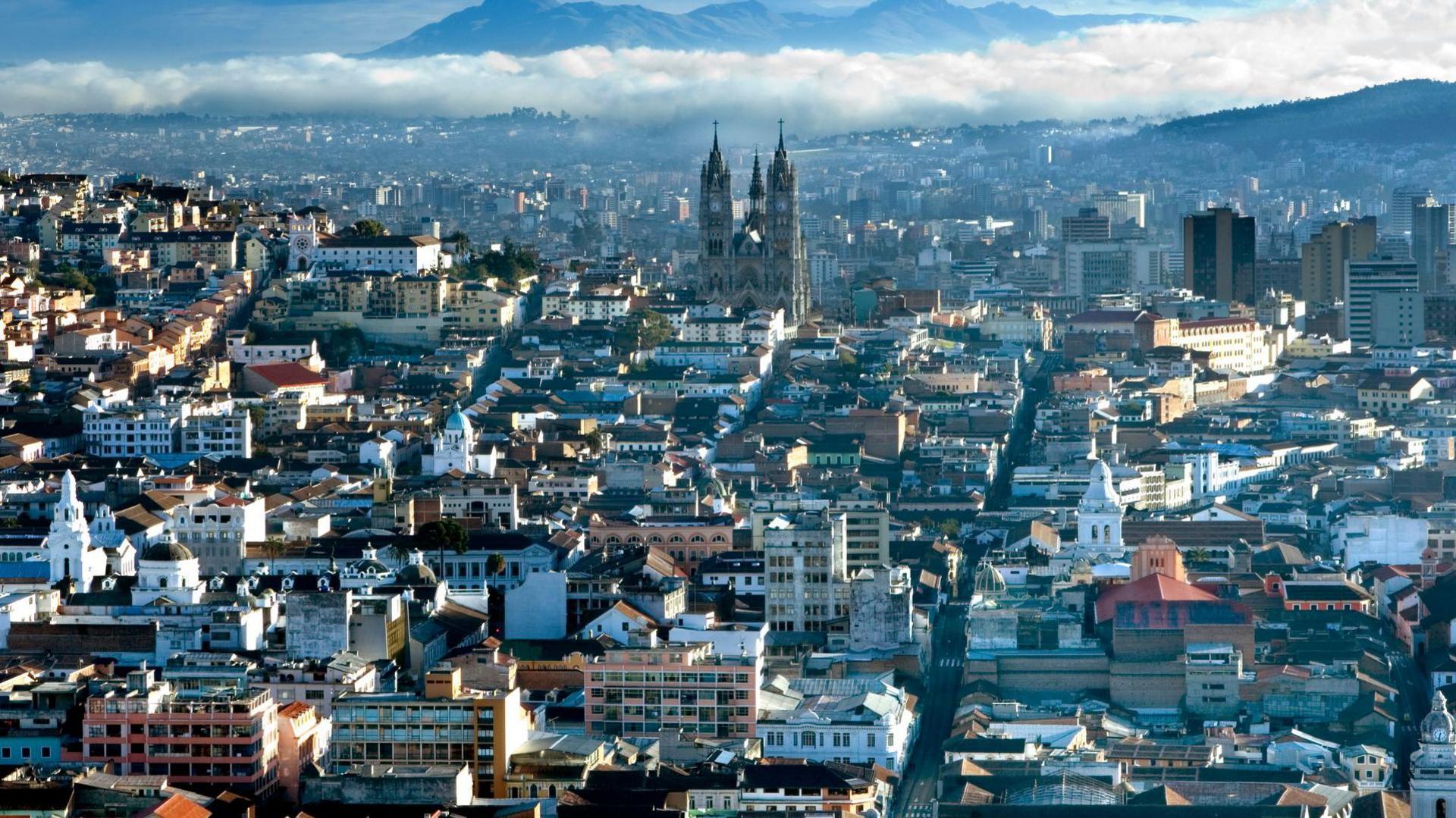How can a river have rights?

A court has ruled that pollution is affecting the rights of a river running through Ecuador's capital city, Quito
- Published
A court in Ecuador has ruled that pollution has violated the rights of a river running through the country's capital, Quito.
The decision is being appealed by the city government which means they disagree with the ruling and would like to overturn it.
The activists that put forward the complaint from a group called Kito Kara called the decision "historic".
The Mach谩ngara River has low levels of oxygen, because of the chemicals and sewage dumped in it, which makes it difficult for fish and other aquatic wildlife to survive.
Usually when we talk about rights it is the rights of people, for example the rights of children set out in the United Nations convention - so what does it mean for a river to have rights? Read on to find out more.
Find out more
- Published16 August 2023
- Published4 September 2023
- Published25 July 2023
How can a river have rights?
Rivers like this one running through Cuenca in Ecuador are protected by the country's constitution
Rights usually mean human rights. Young people and children have already been involved in many court cases around the world where they have argued that a failure to fight climate change or tackle pollution is affecting their human rights.
So how is this different?
The case in Ecuador is unusual because the rights being protected belong to the river itself, not the people.
Part of Ecuador鈥檚 constitution, the country's list of laws for people to live by, recognises the rights of natural features like rivers.
The country protected this right in its constitution in 2008, and although it was the first country to do so, it is not the only one.
Bolivia, Mexico and Colombia all have similar rights for nature.
In New Zealand, Australia and Bangladesh rivers have been recognised as having rights too.
